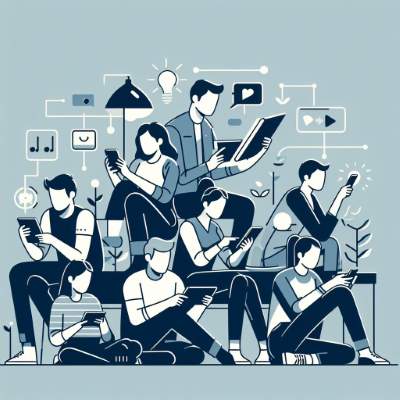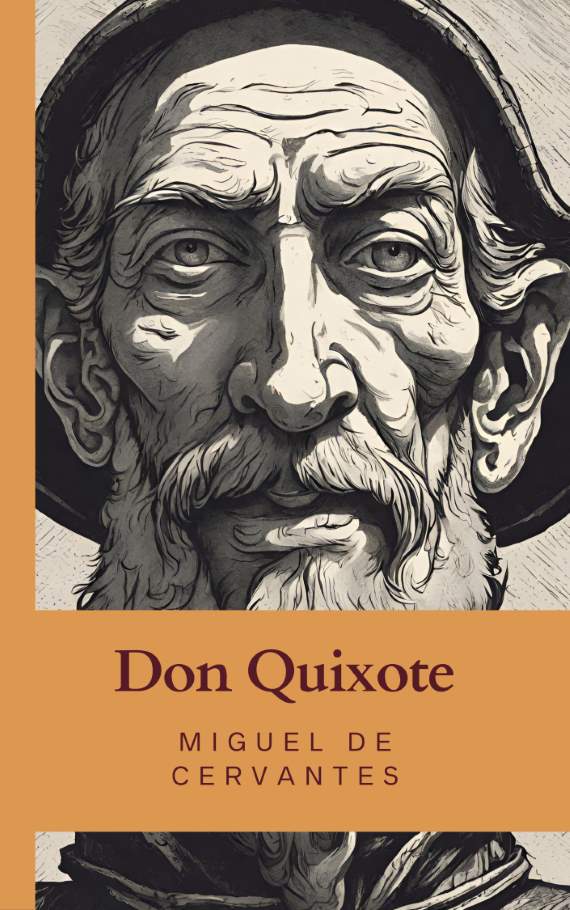
It’s no secret that people tend to flock towards media that reflects their own interests and experiences. We choose the movies, TV shows, books, music and even news outlets that appeal most to our personal tastes and perspectives. But what if it works the other way around too? What if the media we consume shapes us just as much as we shape our media diets? I believe the constant messages, images and narratives we invite into our lives on a daily basis through various forms of media have a meaningful impact on how we see ourselves and the world.
We’ve all had moments of sudden fascination with a new interest or perspective after being exposed to it through a movie, book or podcast. Things we may have never considered before can spark our curiosity when mediated to us through entertainment or information. The media stories we immerse ourselves in also expose us to new ways of thinking, acting and speaking through their characters and scenarios. Subtly and unconsciously, we may start modeling parts of how those influential media figures behave or integrate some of their popular catchphrases into our own vocabulary over time.
More broadly, the recurring themes, ideals and philosophies regularly portrayed across all mediums likely contribute to normalizing certain worldviews while making others seem fringe. Progressive or conservative values, for example, may spread more widely through generations as younger demographics consistently witness them represented, endorsed or challenged within their favorite shows and movies. Similarly, rigid or fluid views of gender roles and identity are molded by the media role models and examples held up during formative years.
Of course, personal experiences, upbringing and individual choice still play bigger roles in shaping personal development and opinions. However, I believe it would be narrow-minded to dismiss the cumulative impact of mass media consumption on any generation’s societal lenses and perspectives over time. The constant stream of stories, opinions and images that filter into our lives through various media sources likely have a subtle yet significant hand in how we view both ourselves and the wider world we live in.
Don Quixote The Pioneering Critique of Popular Media’s Distorting Influence
The influence of popular media consumption on personal and societal development that I described relates strikingly to Miguel de Cervantes’ critique of a dominant media genre during his time: the Romance novel of chivalry.
In early 17th century Spain, Romance novels depicting heroic knights, epic quests and damsels in distress had taken Europe by storm. However, Cervantes felt they lacked meaningful substance and promoted unrealistic ideals that misshaped people’s perspectives. In his view, the public had become so immersed in these superficial stories that their sense of reality was distorted.
Cervantes decided to push back against the frivolous influence of these chivalric novels through his own work. He set out to satirize the entire genre and expose its absurdity by telling a much deeper story that mirrored real human struggles and folly. The result was his masterpiece novel Don Quixote, published in 1605.
By directly referencing and commenting on popular Romance novels through Don Quixote’s delusional knighthood pursuits, Cervantes brilliantly critiqued how the dominant media of that age could misguide the public if not counterbalanced with more nuanced portrayals of humanity. His magnum opus went on to revolutionize the novel form itself and is today hailed as one of the greatest stories ever told due to its timeless insights into human nature, society and the role of art/media.
I see parallels between Cervantes’ situation and the point I’m making about modern media. As popular media genres rise to prominence in any era, their influence must be scrutinized for both positives and negatives. Creators with a critical eye, like Cervantes, can help balance public perspectives through works addressing societal ills or dismissing unrealistic role models glorified in superficial mainstream hits of their time. Truly impactful media won’t just reflect society, but shape it for the better by offering depth, perspective and nuance that moves cultures forward.
Modern Quioxtism

Just as Don Quixote was foolishly changed by the chivalric tales he obsessively consumed, modern audiences too are at risk of embracing “quixotisms” – delusional or unrealistic views of society influenced by overly-immersive consumption of certain media content.
We must thoughtfully choose content reflecting the diversity of human truths and social complexities rather than narrow portrayals that privilege particular viewpoints over others.
Most importantly, while popular media stories can introduce new perspectives to consider, we owe it to ourselves not to unconditionally internalize any single one without critical examination. Our understanding of society, ethics and human nature is best built on much broader foundations than what any subset of popular culture alone can provide.
In the digital age of endless customizable media streams catering to individual tastes, the challenge of avoiding “Don Quixotesque” media-induced quixotisms is greater than ever. But by actively selecting content with depth, nuance and self-awareness – not just popularity – we can continue growing our insight into life’s multifaceted realities rather than risk being passively shaped into distorted mirrors of any narrowly-focused genre that happen to currently reign over cultural trends. The ultimate choice remains for thoughtful discernment over compulsive consumption.
